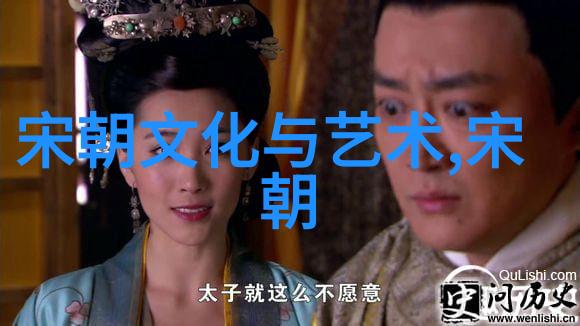The Fascinating English Anecdotes of Chinas Past
The Great Wall's Misunderstood Name

The Great Wall, one of the most impressive architectural achievements in human history, has been often misperceived as a barrier to keep out invaders. However, this monumental structure was initially built for defense purposes against the Mongolians and other nomadic tribes from the north. In reality, it served as a strategic military fortification that also facilitated trade and communication between different regions within China.
The Ancient Silk Road: A Global Network

The Silk Road is renowned for its role in connecting East Asia with Europe during ancient times. This network not only played a significant part in cultural exchanges but also enabled merchants to trade valuable commodities like silk, spices, and precious metals across vast distances. Although Chinese traders were instrumental in establishing these routes, they rarely spoke English themselves; instead, Arabic became the lingua franca among traders along this extensive network.
Marco Polo's Enigmatic Account

Marco Polo's book "Il Milione" (meaning "The Travels of Marco Polo") contains fascinating accounts about his journeys through China during Kublai Khan's reign in the 13th century AD. While he documented many aspects of Chinese culture and politics accurately enough to make his work an invaluable historical resource today, some anecdotes have raised eyebrows over time due to their questionable accuracy or exaggerations for dramatic effect.
European Misconceptions About Confucius

Confucius' teachings had already spread beyond China before his death around 479 BCE when he was still alive during Emperor Zhezong's reign (1085-1100). Later on when Jesuit missionaries introduced Christianity into China during Ming dynasty (1368-1644), they inadvertently influenced Western perceptions about Confucianism by translating key terms into Latin or Italian words that did not accurately reflect their original meanings.
The Unfortunate Fate of Zheng He's Fleet

Zheng He was an admiral who led several naval expeditions sponsored by Emperor Zhu Di towards Southeast Asia and India between 1405-1433 AD under the Ming Dynasty administration known as Yongle period which sought peaceful diplomatic relations rather than conquests while engaging with foreign countries including Japan & India at that time . His fleet included hundreds of ships carrying thousands crew members & various goods , yet there are misconceptions surrounding Zheng He 's real intentions behind these voyages .
6.The Impact Of Opium Wars On Language And Perception
After two opium wars fought between Britain & Qing dynasty respectively , British influence grew significantly within Chinese society leading to more widespread knowledge about English language . With increased interaction came greater understanding but also negative connotations associated with foreign powers such as colonialism , imperialism etc., further altering people 's perception towards both England itself & its language amongst others
These stories illustrate how even seemingly insignificant details can reveal much deeper insights into complex historical events involving interactions between cultures speaking different languages like Mandarin Chinese vs English over centuries spanning from dynasties past till present times where globalization continues shaping our world ever so rapidly .



